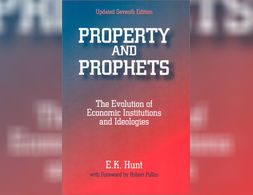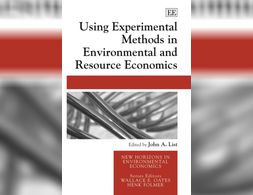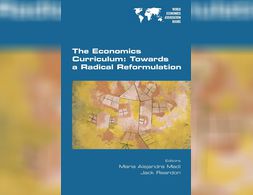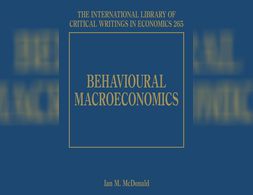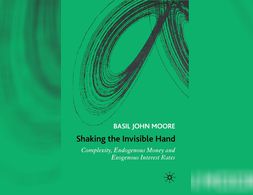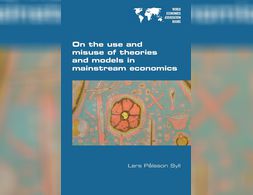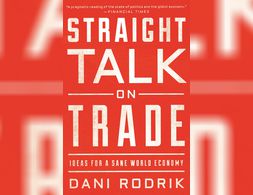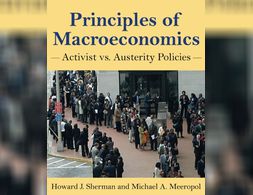1054 results
"Thought provoking and fresh - this book challenges how we think about economics.”
Gillian Tett, Financial Times
For further information about recent publicity events and media coverage for Rethinking Capitalism please visit http://marianamazzucato.com/rethinking-capitalism/
Western capitalism is in crisis.
What do modern academic economists do? What currently is mainstream economics? What is neoclassical economics? And how about heterodox economics? How do the central concerns of modern economists, whatever their associations or allegiances, relate to those traditionally taken up in the discipline?
Get ready to change the way you think about economics.
Nobel laureate Richard H. Thaler has spent his career studying the radical notion that the central agents in the economy are humans--predictable, error-prone individuals. Misbehaving is his arresting, frequently hilarious account of the struggle to bring an academic discipline back down to earth--and change the way we think about economics, ourselves, and our world.

